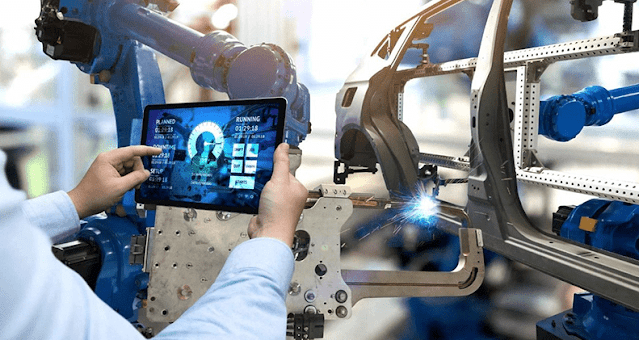Artificial Intelligence – with calculative risk
Get ready for
Artificial Intelligence (AI) to enter our lives thanks to recent world changes.
Artificial Intelligence (AI), or machine intelligence, is
the field developing computers and robots capable of parsing data contextually
to provide requested information, supply analysis, or trigger events based on
findings. Through techniques like machine learning and neural networks,
companies globally are investing in teaching machines to ‘think’ more like
humans.
First,
solve the problem. Then write the code.
AI has the
potential to greatly improve the human condition. In particular, AI-will drive
advancement in biotech, medical, climate and agriculture technologies among
others – these changes will be hugely beneficial to humans. There is also great
scope for AI to support people with disabilities. The more data AI systems
have, the faster they will get better. But AI’s need for data can pose a
problem for some businesses and organizations that have less data than others.
Most AI that
surrounds us today is narrow AI, including Google Assistant and Siri,
which are not close to having human intelligence. Siri for example understands
spoken words, enters them into a search engine and returns results.
ü Most AI that surrounds us today is narrow AI, including Google Assistant and Siri, which are not close to having human intelligence.
Siri for example understands spoken words, enters them into a search engine and
returns results.
Narrow AI has relieved workers of boring, routine and mundane
tasks, including sifting through huge volumes of data and analyzing it to
produce results. The ANIs can be seen as building blocks of more intelligent AI
we may see in the future.
Also
Read: AI
in smartphones can empower the users





Comments
Post a Comment